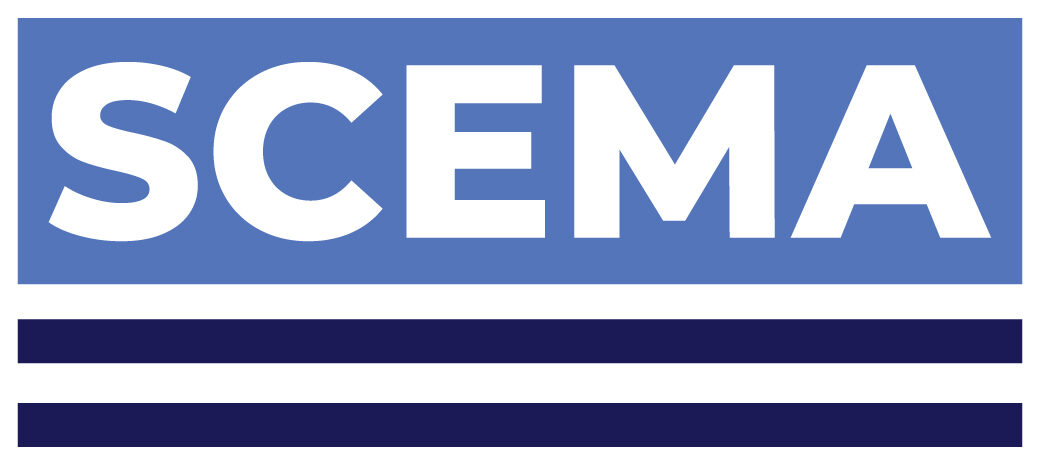This Academy is an educational enterprise to build the capacity of leaders engaged in the making, administering and enforcing of state and municipal codes that protect the health, safety, wellbeing and sustainability of residential neighborhoods.
Its founding faculty are four attorneys whose combined experience includes community development, policy making, legislative drafting, nuisance abatement and code enforcement litigation, urban planning, consensus building, teaching, and writing about their work. They have worked in several cities including Buffalo, Atlanta, Youngstown, Macon, Newburg, Philadelphia, San Diego, Flint, Toledo and of course Memphis, the host for this new Academy. They are deeply involved with the national vacant properties movement and have helped organize and lead highly regarded vacant property and blight abatement campaigns and conferences at both national and local levels—most especially in Baltimore, Cleveland and Memphis.
Our vision of an academy evolved from our teaching and technical assistance working directly with code enforcement managers, with attorneys, with public officials whose decisions and actions affect code compliance, and with the leaders of community-based organization, volunteer groups, advocates and residents who all care deeply about their cities and neighborhoods. The opportunity to put the vision into reality came on the heels of the 2016 initiation of an extraordinary collaborative enterprise in Memphis—the drafting and endorsement of the nation’s first blight elimination charter, through which municipal, county and public interest leaders made a public commitment to work together to prevent blighted property conditions from expanding and abate them where they were most harmful. Our academy rests on the goodwill, energy, and creativity of those who continue to put Memphis on the map as one of the nation’s leaders in eliminating property blight.
With the institutional backing of the University of Memphis, Cecil C. Humphreys School of Law and Neighborhood Preservation, Inc., a strong Memphis community development corporation, the founders planned and prepared for the launch of the Academy. A grant from the Kresge Foundation provided start-up funding so that the first Academy in 2017 could be offered to participants tuition free.
The Academy’s focus and methods distinguish this enterprise from others that offer instruction for code inspectors or that cover a single department of a municipality. Below we set forth our perspectives on code enforcement and share SCEMA’s approach to capacity building and learning.

